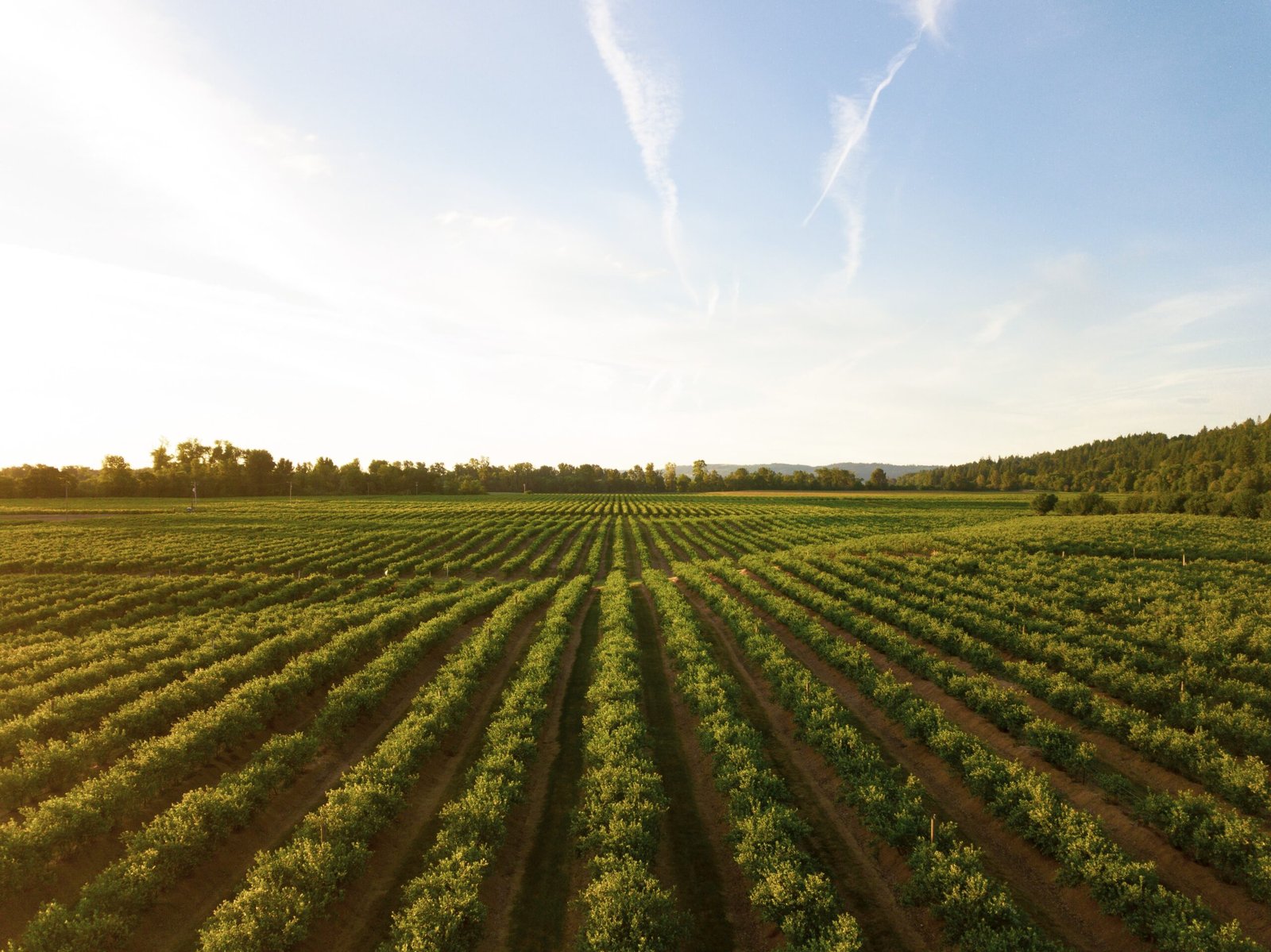
Empowering Small-Scale Food Producers: Courses for Sustainable Agricultural Development
In order to contribute towards the goal of doubling agricultural productivity and incomes of small-scale food producers by 2030, FourthIR Learning Platform is committed to offering a range of courses that focus on empowering individuals within the agricultural sector. Our courses aim to address the specific needs of women, indigenous peoples, family farmers, pastoralists, and fishers, ensuring they have secure and equal access to resources, knowledge, financial services, markets, and opportunities for value addition and non-farm employment.
1. Sustainable Farming Practices
This course introduces small-scale food producers to sustainable farming practices that can enhance productivity while minimizing negative environmental impacts. Participants will learn about organic farming techniques, integrated pest management, soil conservation, and water management strategies. By adopting sustainable practices, farmers can improve their yields, reduce production costs, and contribute to long-term ecological sustainability.
2. Access to Land and Resources
This course focuses on the importance of secure and equal access to land and other productive resources for small-scale food producers. Participants will learn about land tenure systems, land rights, and strategies for advocating for fair land distribution. Additionally, the course will cover topics such as access to credit, inputs, and technology, enabling participants to overcome barriers and maximize their agricultural potential.
3. Market Access and Value Addition
Small-scale food producers often face challenges in accessing markets and adding value to their products. This course aims to equip participants with the knowledge and skills needed to navigate market systems, identify market opportunities, and create value-added products. Participants will learn about market research, branding, packaging, and marketing strategies that can help them increase their incomes and expand their customer base.
4. Financial Management for Small-Scale Producers
Financial management is crucial for the success of small-scale food producers. This course provides participants with the necessary skills to manage their finances effectively, including budgeting, record-keeping, and accessing financial services. Participants will also learn about microfinance options, savings and credit groups, and strategies for building financial resilience.
5. Gender Equality and Social Inclusion in Agriculture
This course highlights the importance of gender equality and social inclusion in the agricultural sector. Participants will gain an understanding of the unique challenges faced by women, indigenous peoples, and other marginalized groups in agriculture. The course will explore strategies for promoting gender equality, empowering women in decision-making processes, and ensuring the inclusion of all stakeholders in agricultural development.
6. Diversification and Non-Farm Employment
Small-scale food producers can benefit from diversifying their income sources and exploring non-farm employment opportunities. This course explores alternative income-generating activities such as agro-processing, agri-tourism, and rural entrepreneurship. Participants will learn about business planning, marketing strategies, and the skills required to succeed in non-farm ventures.
7. Climate Change Adaptation and Resilience
Climate change poses significant challenges to agricultural productivity and food security. This course focuses on climate change adaptation and resilience strategies for small-scale food producers. Participants will learn about climate-smart agriculture, disaster risk reduction, and sustainable resource management practices that can help them mitigate the impacts of climate change and build resilient farming systems.
By offering these courses, FourthIR Learning Platform aims to empower small-scale food producers and contribute to the sustainable development of the agricultural sector. Through knowledge, skills, and access to resources, individuals can enhance productivity, improve incomes, and contribute to the overall goal of achieving food security and reducing poverty.

